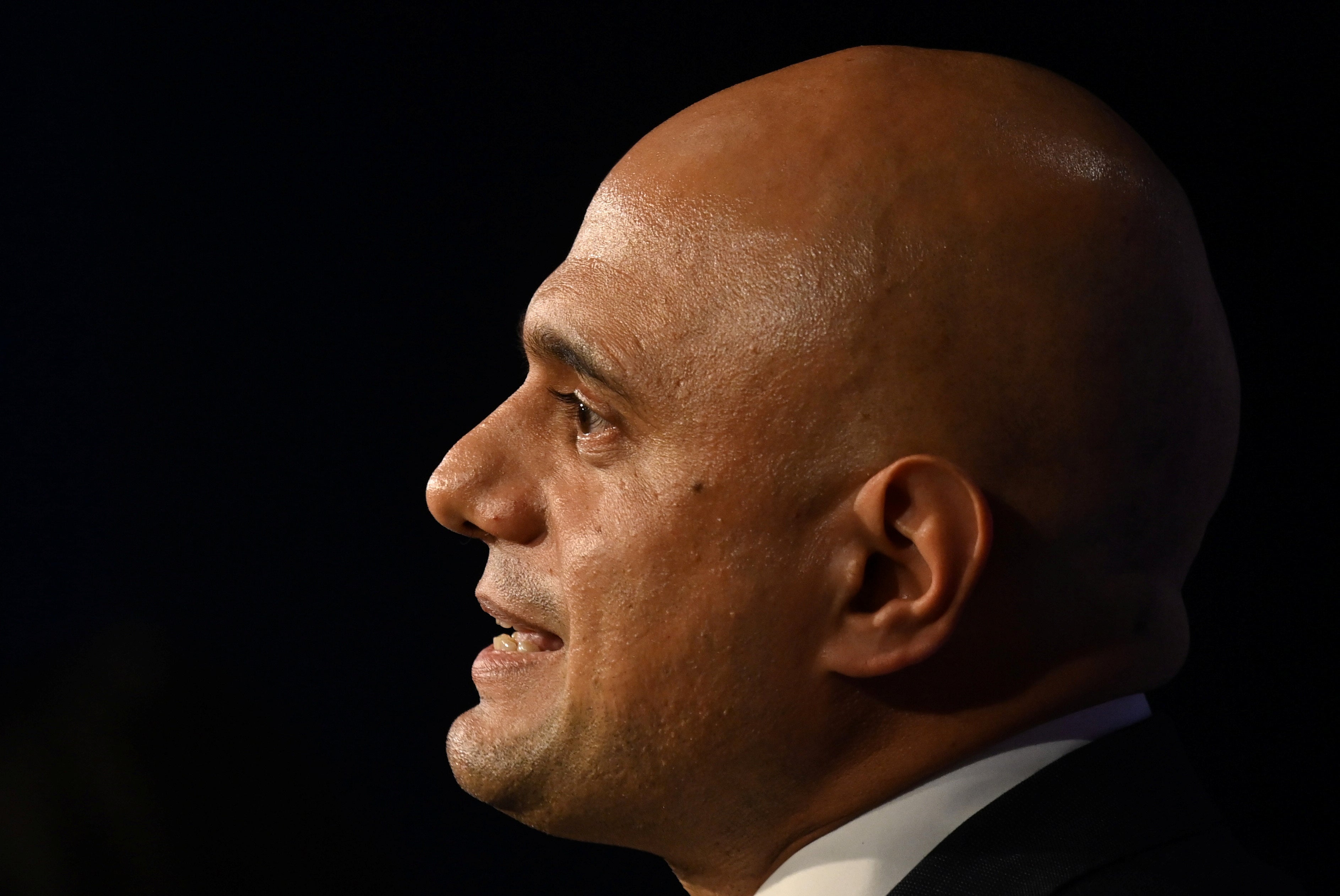Racial bias in medical equipment is a red herring – and the government knows it
Some research does indeed point to problems with medical equipment, writes Ian Hamilton, but making this the focus of an inquiry is a calculated distraction


One of the cruellest aspects of the Covid pandemic was the disproportionate impact it had on people from different ethnic groups – more severe symptoms and tragically higher mortality.
So on the face of it, the announcement of a review into potential bias in medical devices such as oximeters by the health secretary, Sajid Javid, is a welcome development. Some research does indeed point to problems with medical equipment, such as oximeters used to monitor oxygen levels not performing as well on people with darker skin. This could have led to those from ethnic minorities not receiving sufficient oxygen when infected with Covid, contributing to the disproportionate number of hospitalisations and deaths.
Any independent scrutiny of the government’s response to the impact of Covid on those from ethnic minorities is important and timely if we are to reduce the unfair impact the pandemic has had on these individuals and their families. However, what is really odd about this announcement is the microscopic brief and focus on machines and technology. Its akin to focussing on the reliability of breathalysers in drink driving offences; the technology obviously has a role but it’s not the root cause of the problem.

Machines and technology employed during the pandemic played a role and should have been effective for everyone but making this the focus of such an important inquiry is either a calculated distraction or stunningly short sighted. Sajid Javid and his advisors are far too intelligent for it to be the latter. This, then, appears a calculated attempt to distract attention away from some uncomfortable truths.
After more than a decade in power, this Conservative government has presided over deepening structural inequality. The pandemic has amplified this in a clear and disturbing way. We witnessed the impact Covid had on frontline workers like bus drivers, health and social care staff, both sectors that employ a higher proportion of those from Black and ethnic minority communities. Many of these staff also suffered from the inadequate and inappropriate personal protective equipment they were supplied with, yet this aspect won’t fall within the remit of the inquiry.
Their exposure to Covid infection had less to do with medical equipment bias and more to do with disadvantage. Likewise, their journey from infection all the way through to hospital – and for far too many a premature death – was fuelled by poverty, poor housing and existing medical conditions. At this point medical devices and technologies can make a difference but why wait until the worst happens? Surely it would be far more prudent to improve people’s health and life chances before they are infected?
To keep up to speed with all the latest opinions and comment sign up to our free weekly Voices newsletter by clicking here
Any meaningful attempt to tackle structural inequality starts with acknowledging it exists. Sajid Javid and his cabinet colleagues remain in a state of denial about the role they have and continue to play in shoring up disadvantage with all its deadly consequences. They continue to peddle, for example, the mistruth that child poverty is declining under their tenure when the opposite is true.
We do need to raise awareness of bias in medical devices and technologies and address these, but it is such a small part of why people from ethnic minorities bear the brunt of this pandemic. Instigating this inquiry with its narrow focus is an obvious ploy to avoid meaningful scrutiny of the role this government has played in failing to protect some of the most vulnerable in society.
It’s the clearest signal yet that they have no intention of levelling up. Instead, they will use whatever means they can to deflect attention from their failure. There is no clearer example of political bias than this and how deadly a stubborn ideology can be.
Ian Hamilton lectures in mental health at the Department of Health Sciences, University of York
Join our commenting forum
Join thought-provoking conversations, follow other Independent readers and see their replies
Comments
Bookmark popover
Removed from bookmarks